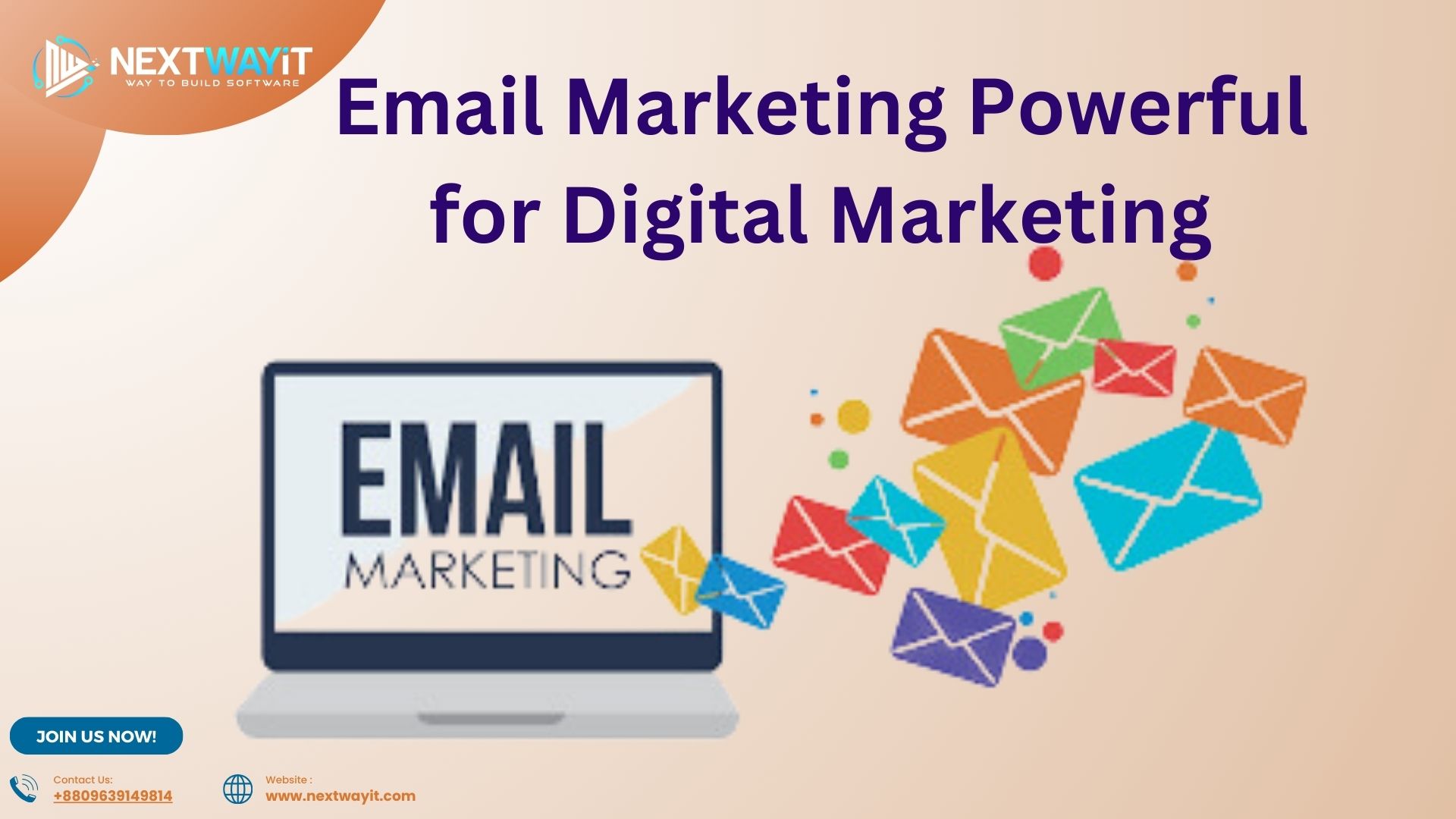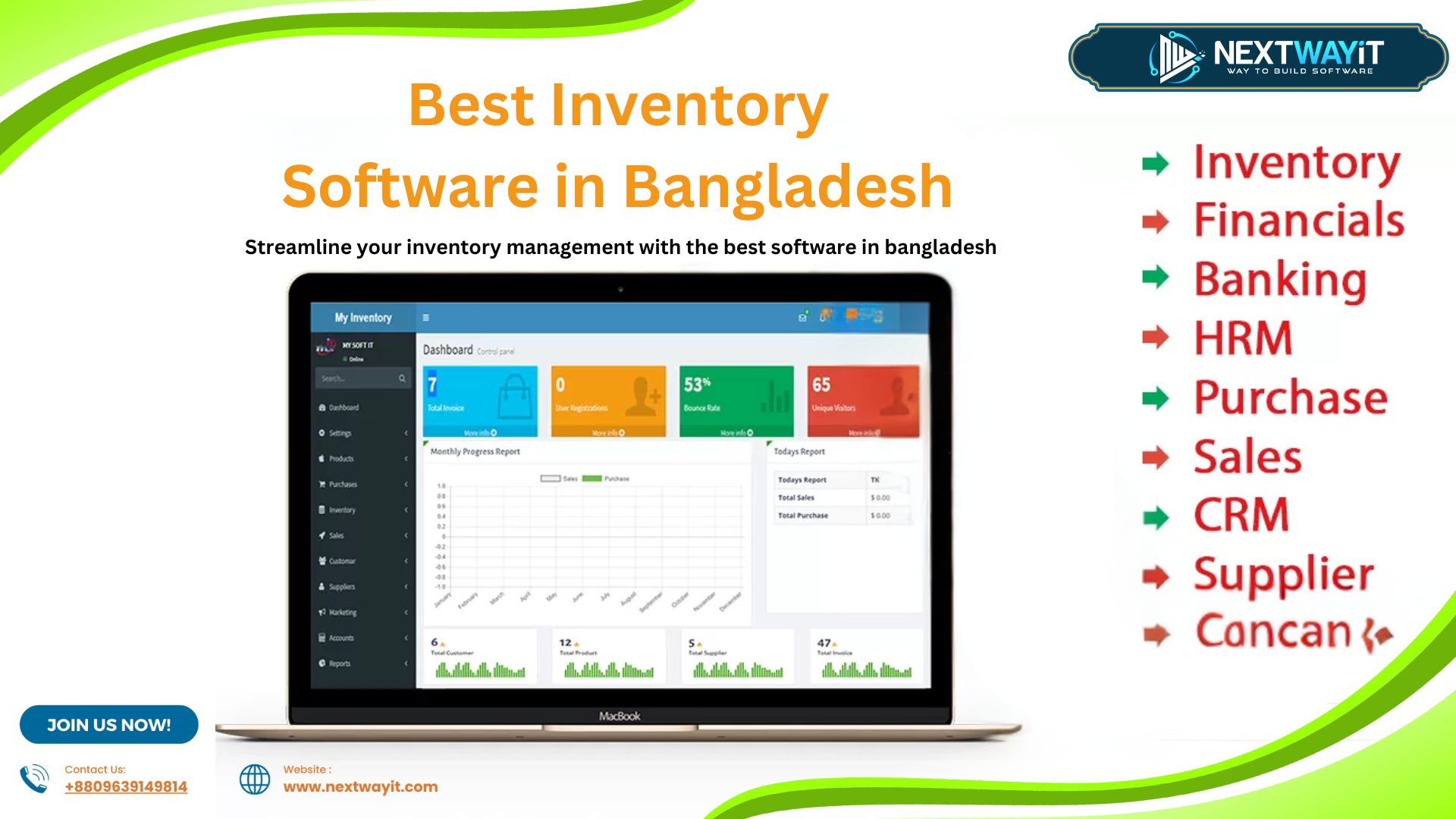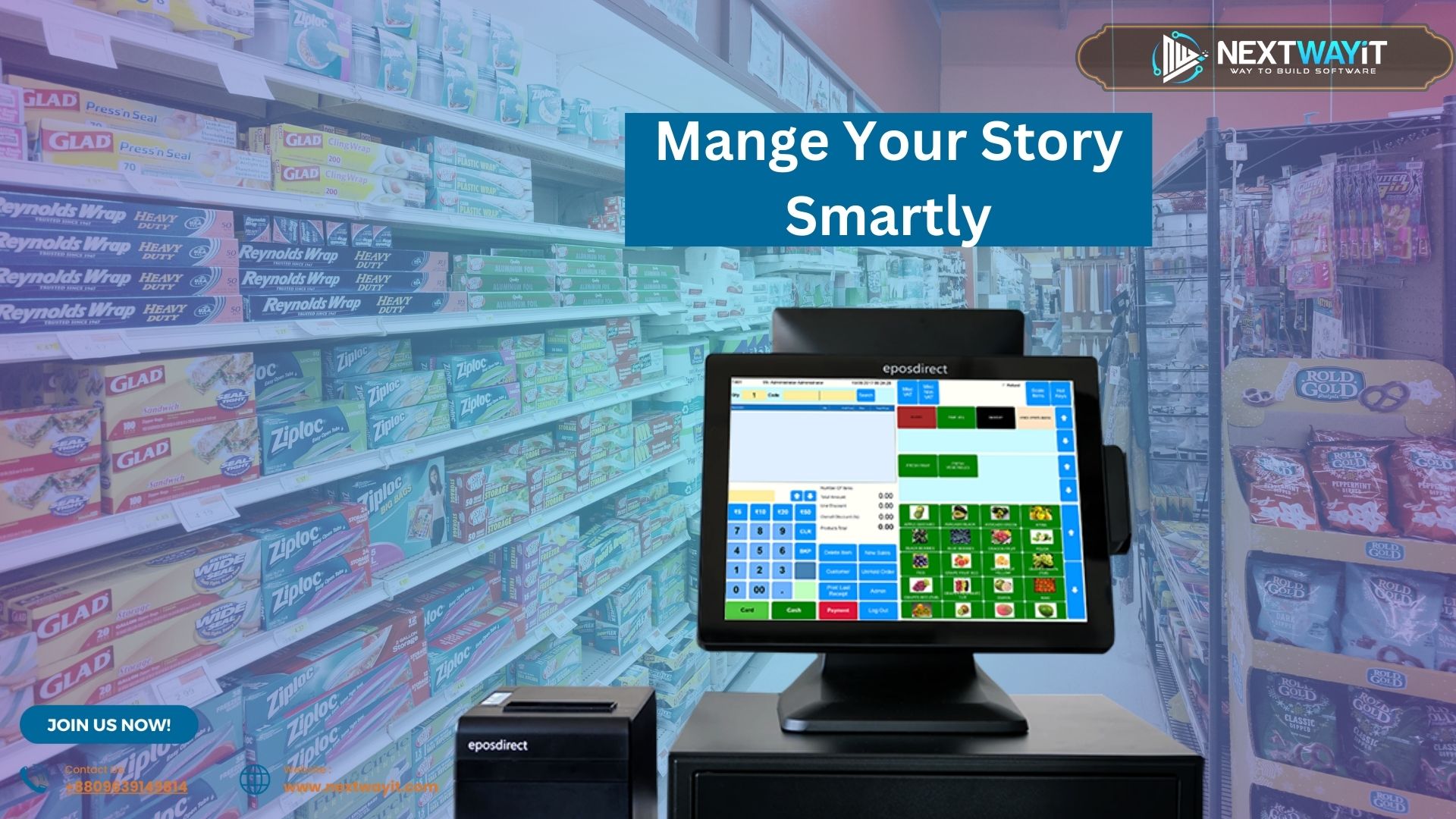
Why Email Marketing is Powerful for Digital Marketing: A Comprehensive Analysis
In this article, we’ll discover about Why Email Marketing is Powerful for Digital Marketing. In the ever-evolving landscape of digital marketing, email marketing stands as one of the most effective and enduring strategies. Despite the emergence of numerous marketing channels, email continues to be a cornerstone for businesses aiming to engage with their audience, drive conversions, and build long-term customer relationships. This article delves into the reasons why email marketing remains a powerful tool in digital marketing, highlighting its unique advantages and providing insights into best practices for maximizing its potential.
- Unparalleled Reach and Accessibility
One of the most compelling reasons for the sustained dominance of email marketing is its unparalleled reach and accessibility. According to recent statistics, there are over 4 billion email users worldwide, a number projected to grow in the coming years. Unlike social media platforms, which are often subject to changing algorithms and trends, email provides a direct line to the consumer. Almost everyone has an email address, making it a universal tool for communication.
- Cost-Effectiveness and High ROI
Email marketing is notably cost-effective compared to other marketing channels. The costs associated with email marketing are relatively low, encompassing mainly the expenses of an email marketing service provider and minimal design and content creation costs. This low cost, coupled with the high return on investment (ROI), makes email marketing exceptionally attractive. Studies have shown that for every dollar spent on email marketing, the average ROI is $42, highlighting its efficiency in generating revenue.
- Personalization and Segmentation
Email marketing allows for a high degree of personalization and segmentation, enabling businesses to tailor their messages to specific audience segments. By leveraging data and insights, marketers can send targeted emails based on user behavior, preferences, and demographics. Personalized emails not only enhance customer experience but also significantly improve engagement rates. Segmented email campaigns have been shown to generate higher open and click-through rates compared to non-segmented campaigns.
- Building and Nurturing Customer Relationships
Emails serve as a vital tool for building and nurturing long-term relationships with customers. Through regular communication, businesses can keep their audience informed about new products, updates, and promotions. Welcome emails, thank you emails, and personalized offers help in creating a positive customer experience, fostering loyalty, and encouraging repeat business. Moreover, email marketing allows for two-way communication, enabling customers to provide feedback and engage with the brand directly.
- Driving Traffic and Conversions
Email marketing is highly effective in driving traffic to websites and boosting conversions. By incorporating compelling calls-to-action (CTAs) and strategic links within emails, businesses can guide recipients to specific landing pages, product pages, or blog posts. This direct traffic often results in higher conversion rates as the recipients are already engaged and interested in the content. Additionally, automated email workflows, such as abandoned cart emails, can recover lost sales and increase overall revenue.
- Measurable and Data-Driven
One of the significant advantages of email marketing is its measurability. Email marketing platforms provide detailed analytics and insights into campaign performance, including open rates, click-through rates, conversion rates, and more. This data-driven approach allows marketers to track the effectiveness of their campaigns, understand customer behavior, and make informed decisions to optimize future campaigns. The ability to A/B test different elements of an email campaign further enhances its efficacy.
- Flexibility and Versatility
Email marketing offers a high degree of flexibility and versatility. It can be used for various purposes, including product launches, newsletters, promotional offers, event invitations, and customer surveys. This versatility allows businesses to maintain a consistent presence in their customers’ inboxes without being repetitive or monotonous. Furthermore, emails can be easily adapted and customized to align with different marketing strategies and goals.
- Integration with Other Marketing Channels
Email marketing seamlessly integrates with other digital marketing channels, amplifying the overall impact of marketing efforts. For instance, email campaigns can be synchronized with social media campaigns, content marketing, and SEO strategies to create a cohesive and comprehensive marketing approach. By incorporating social sharing buttons, businesses can encourage recipients to share content, thereby extending their reach and engagement beyond the email list.
- Compliance and Privacy
In an era where data privacy and compliance are paramount, email marketing stands out for its ability to adhere to stringent regulations. Email marketers can ensure compliance with laws such as the General Data Protection Regulation (GDPR) and the CAN-SPAM Act by implementing best practices for consent and data management. By prioritizing transparency and respecting customer preferences, businesses can build trust and credibility with their audience.
Conclusion
In conclusion, email marketing remains a powerful and indispensable tool in the digital marketing arsenal. Its unparalleled reach, cost-effectiveness, personalization capabilities, and measurable impact make it an essential strategy for businesses of all sizes. By leveraging the strengths of email marketing and integrating it with other marketing channels, businesses can achieve significant growth, foster customer loyalty, and drive sustained success in the digital landscape. As technology continues to evolve, email marketing will undoubtedly continue to adapt and thrive, reaffirming its position as a cornerstone of effective digital marketing.



